Former Mass Effect director Casey Hudson’s new studio faces an unexpected closure, leaving an ambitious sci-fi project unfinished.
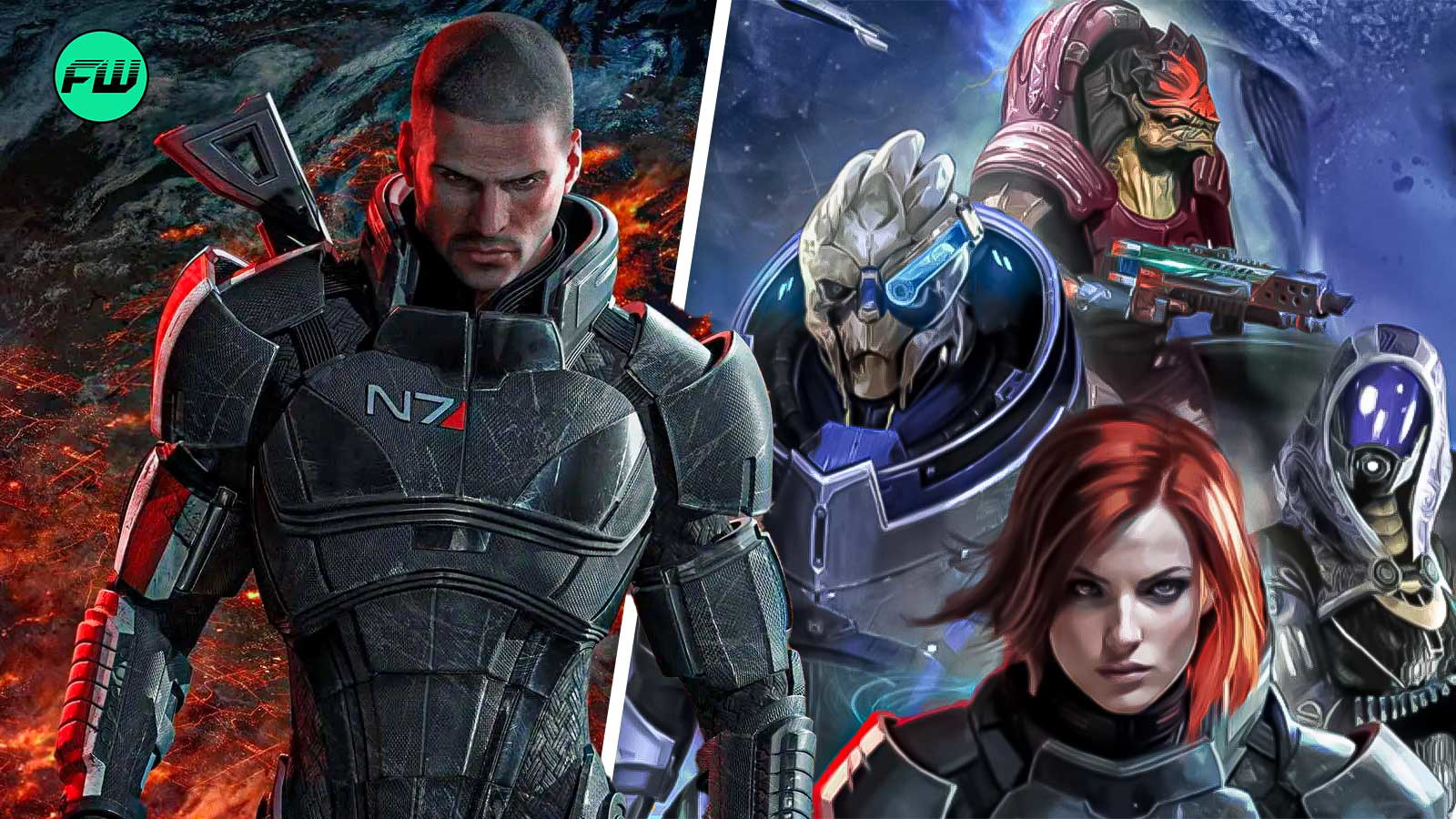
The gaming industry can be a cruel mistress, even to its most celebrated veterans. Just ask Casey Hudson, the creative mind behind Mass Effect, who set out three years ago to create something special—a brand new sci-fi universe that promised to capture the magic that made Commander Shepard’s adventures so memorable.
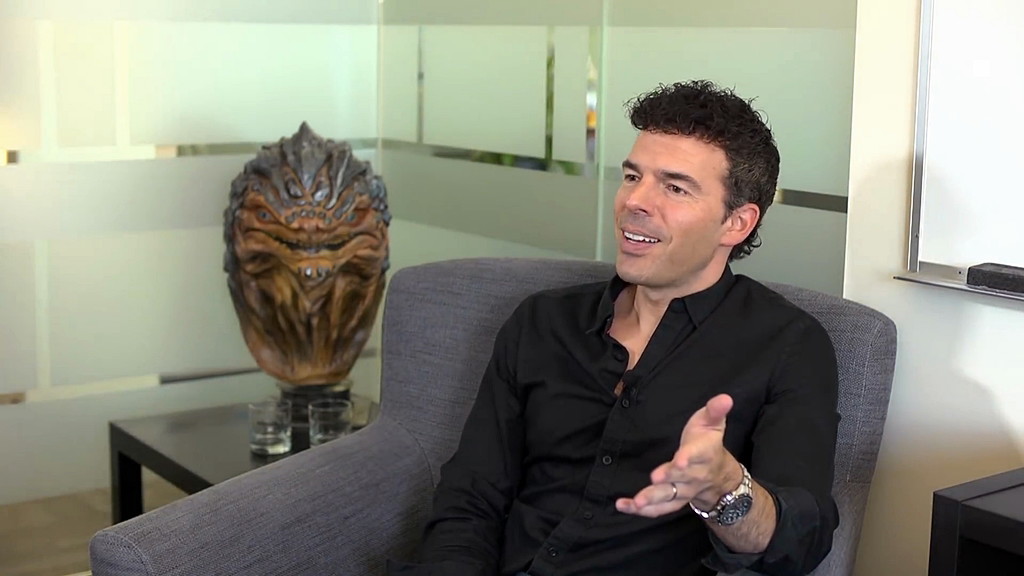 Casey Hudson, former general manager at BioWare. | Image Credit: Game Informer/YouTube
Casey Hudson, former general manager at BioWare. | Image Credit: Game Informer/YouTube
But sometimes, even the most promising journeys come to an unexpected end. Today brings news that has left fans of narrative-driven sci-fi games heartbroken, as another ambitious project joins the growing list of “what could have been” in an increasingly challenging industry landscape.
A Dream Cut Short
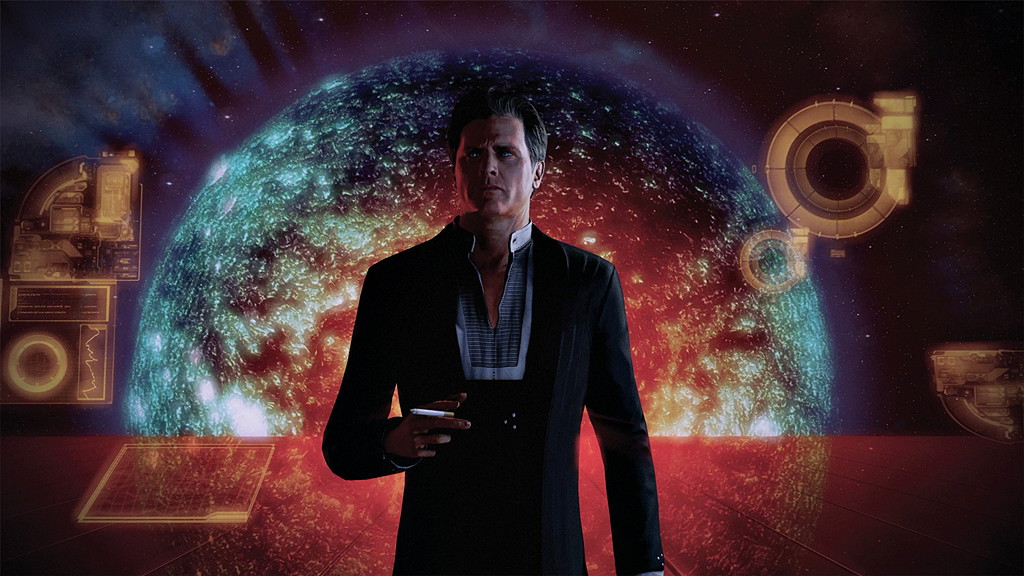
⛶
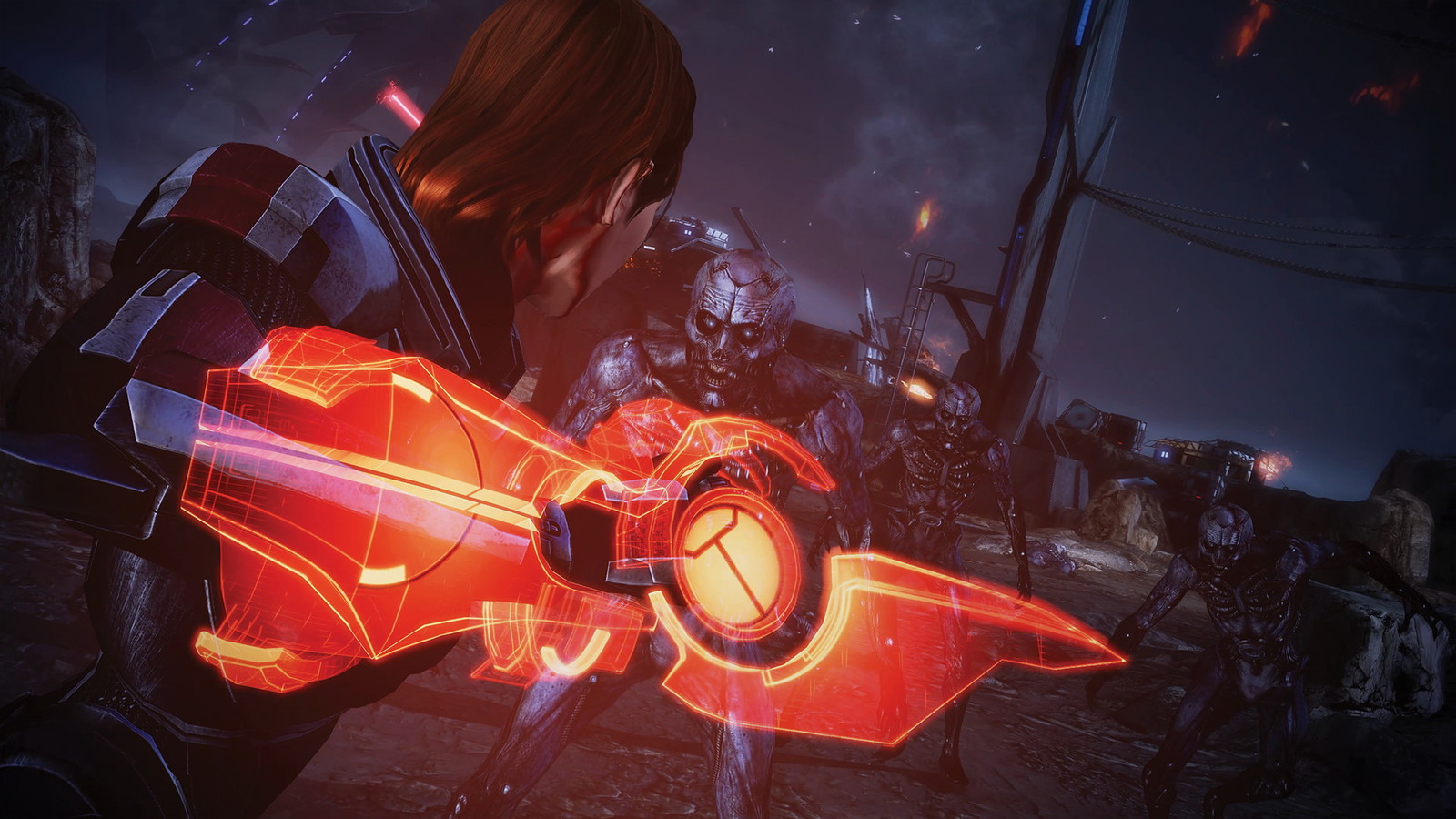
⛶
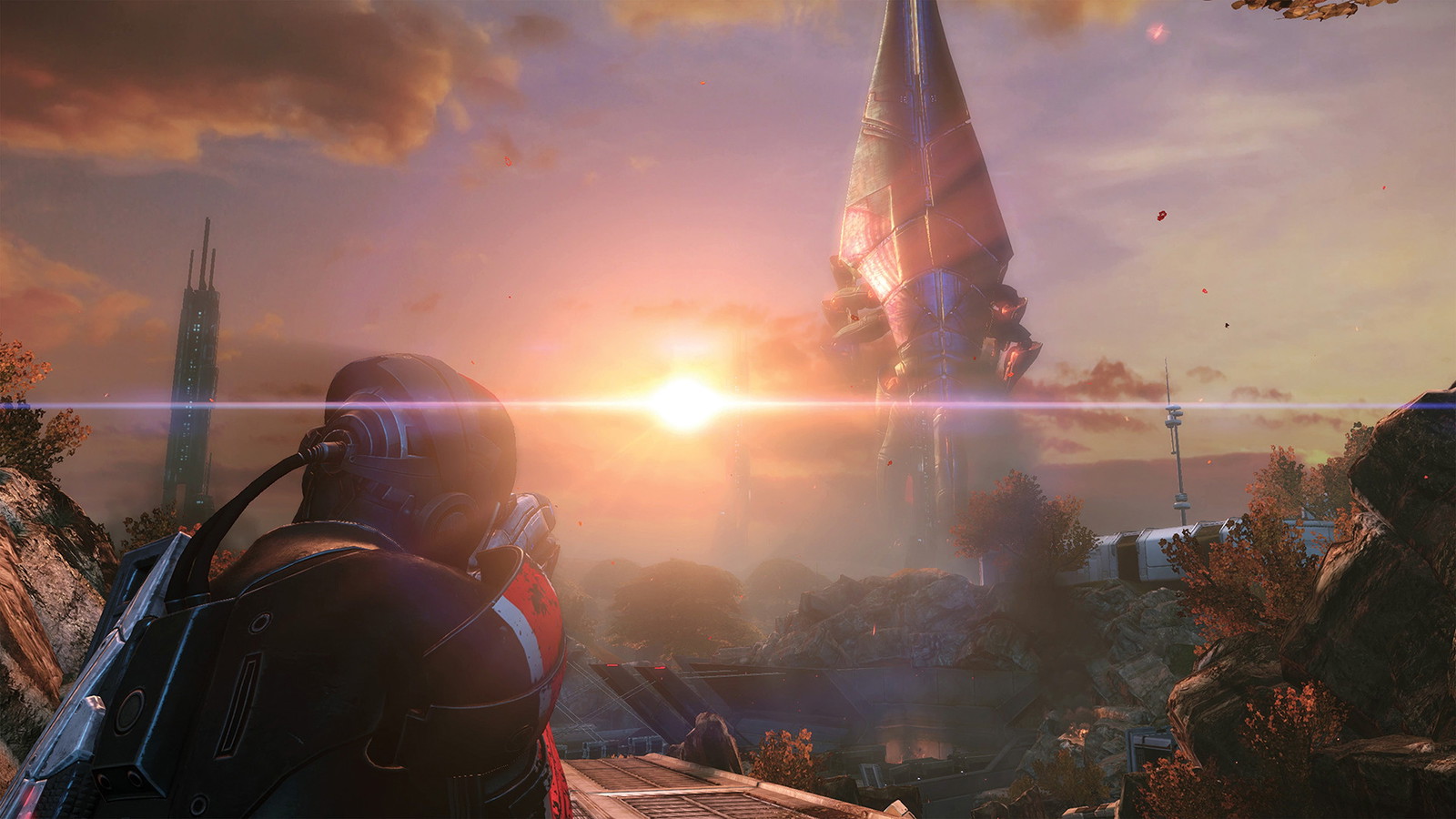
⛶
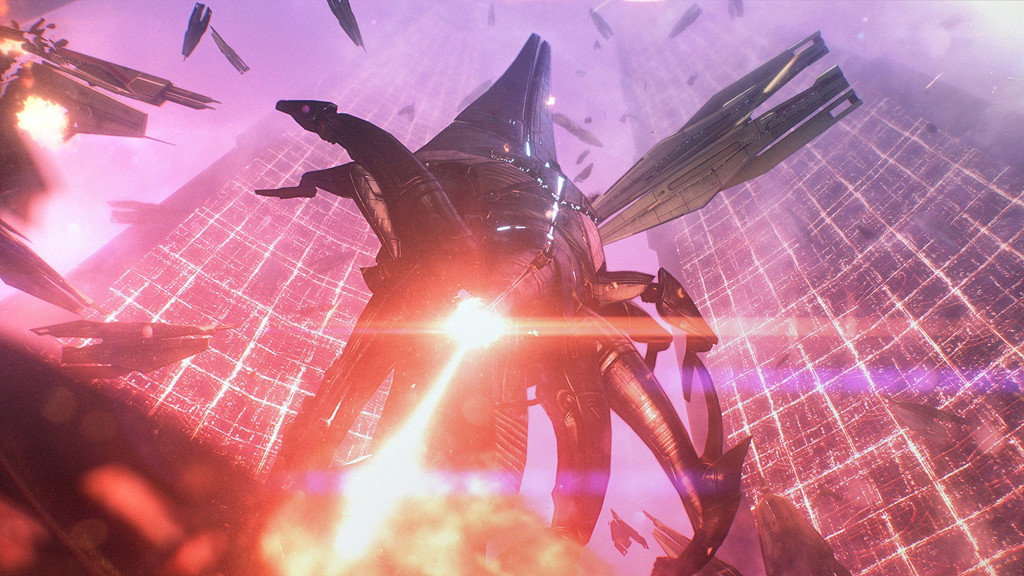
⛶
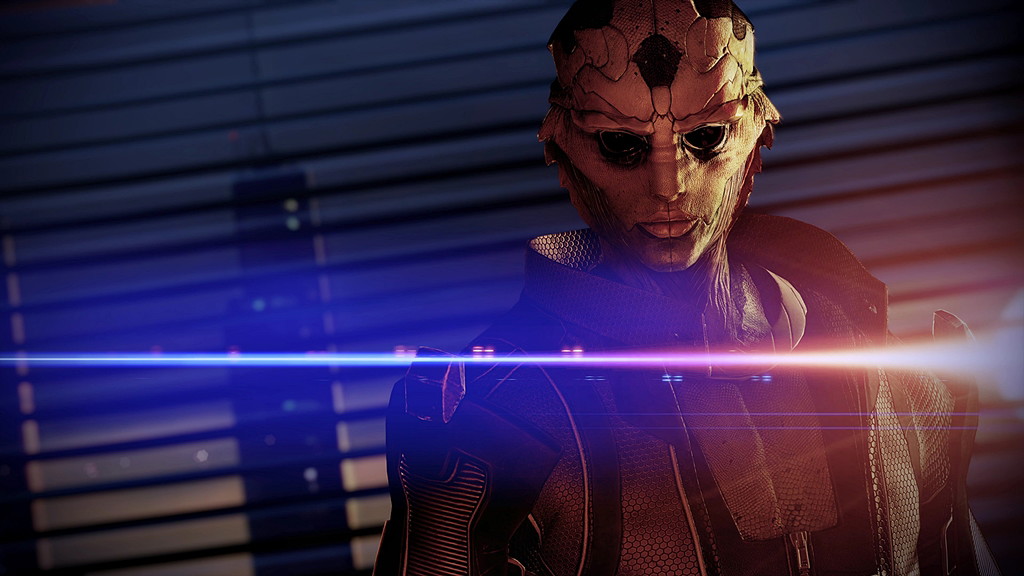
⛶





When Hudson left BioWare in 2020, many wondered what the mastermind behind one of gaming’s most beloved sci-fi series would do next. His track record spoke for itself—from directing Star Wars: Knights of the Old Republic to shepherding the Mass Effect trilogy to legendary status, Hudson had proven himself as one of gaming’s premier storytellers.
The answer came in 2021 with the founding of Humanoid Origin, a studio that promised “to unleash the creative freedom of developers” while bringing “innovation and artistry to players through an all-new IP.” The initial excitement was palpable, with industry veterans and fans alike eager to see what Hudson’s unfettered creativity could produce.
In a heartbreaking announcement shared on LinkedIn today, the studio revealed that their journey has come to a premature end. The post detailed not just the closure, but the team’s achievements and priorities during this difficult transition:
We’re heartbroken that we will not be able to bring our new science-fiction universe to completion. Our main concern at this time however is for our team, and we are committed to supporting them in their transition to new employment.
The studio had made significant progress, even reaching a playable prototype stage by July 2022. But today’s message revealed the harsh reality many independent studios face:
Despite efforts to shield the studio from broader challenges in the industry, an unexpected shortfall of funding left us unable to sustain operations.
What makes this closure particularly poignant is that the studio was actively hiring as recently as May 2024, suggesting that the financial troubles came swiftly and unexpectedly.
The Challenging Reality of Modern Game Development
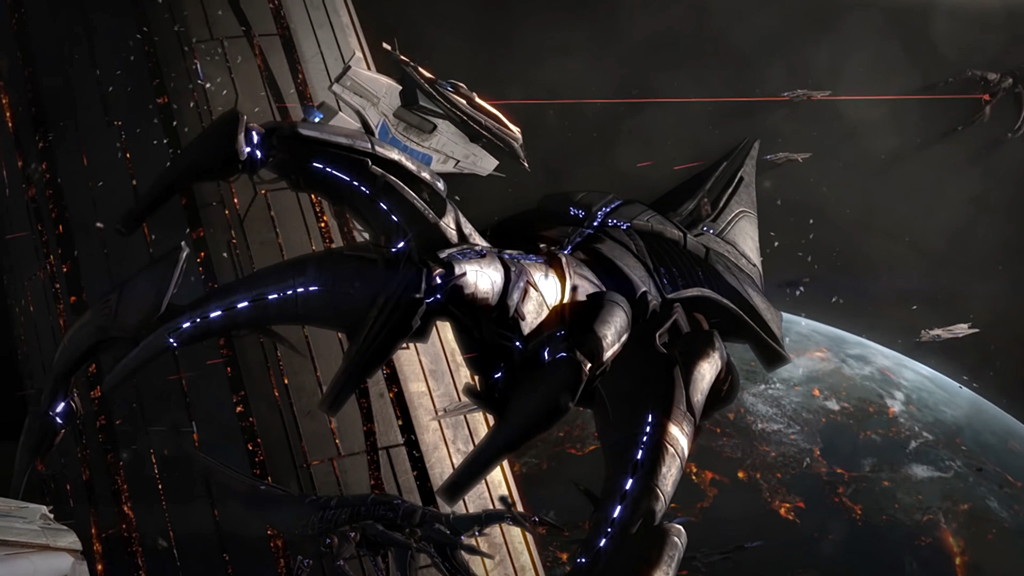 Probably the worst year for professionals in the gaming industry. | Image Credit: Bioware/EA
Probably the worst year for professionals in the gaming industry. | Image Credit: Bioware/EA
The closure of Humanoid Origin is more than just the end of a promising new studio—it’s a stark reminder of how difficult the gaming industry has become, even for its most experienced veterans. The team had been working on what they described as a “multi-platform AAA game” focused on character-driven narrative, something Hudson and his team had proven expertise in.
In our time together, the team achieved incredible progress, and demonstrated that it’s possible to do amazing work while fostering a culture of fun and creativity. We thank them for their talent, courage, and friendship.
The fact that a studio led by someone with Hudson’s track record couldn’t secure sustainable funding speaks volumes about the current state of game development. The timing couldn’t be more telling—in a year that has already seen ~14,000 industry layoffs, with even established giants struggling to keep their doors open, a new studio attempting to create a AAA experience without the safety net of a major publisher faced nearly impossible odds.
The irony isn’t lost on industry observers—while the market for narrative-driven sci-fi games seems stronger than ever, with titles like Dead Space Remake and, more recently, Warhammer 40K: Space Marine 2 drawing massive audiences, the financial realities of modern game development make it increasingly difficult for even the most experienced creators to bring their visions to life independently.
What do you think this means for the future of ambitious, narrative-driven games? Share your thoughts in the comments below!

 BREAKING: Keanu Reeves & Alexandra Grant’s Love Was a Lie—Divorced After Publicity Stunt Contract Revealed!
BREAKING: Keanu Reeves & Alexandra Grant’s Love Was a Lie—Divorced After Publicity Stunt Contract Revealed! 






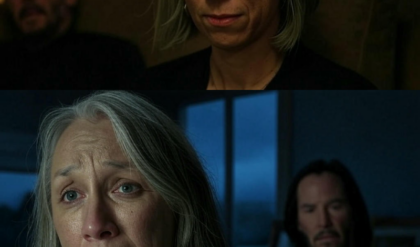
 What’s Next for Hollywood’s Beloved Star?
What’s Next for Hollywood’s Beloved Star? 


